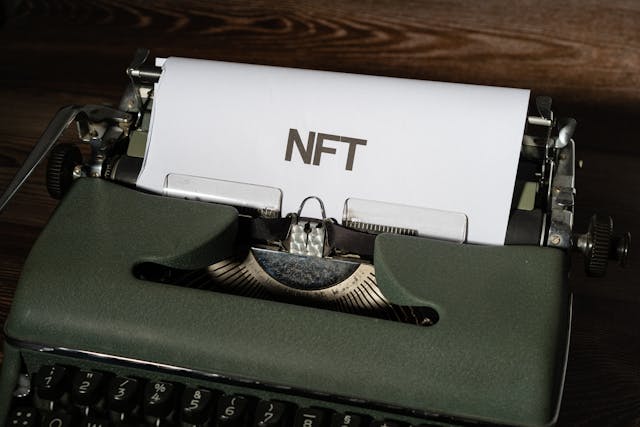Smart contracts are digital contracts that self-execute based on programmed conditions. They operate on blockchain technology, ensuring security and transparency. In this article, we’ll explore what smart contracts are, provide examples, discuss how to profit from them, and answer frequently asked questions.
Short Answer to What Are Smart Contracts
Smart contracts automate and enforce agreements between parties without intermediaries. They execute automatically when conditions are met. For example, in a real estate deal, a smart contract can automatically transfer ownership once payment is confirmed. This minimizes the need for lawyers or notaries. The use of blockchain ensures that these contracts are secure, tamper-proof, and publicly verifiable.
Examples of Smart Contracts
Smart contracts are versatile and can be applied in various fields. Here are some examples:
- Real Estate Transactions: A smart contract can manage the entire buying process. It ensures that the buyer’s payment is made before the ownership is transferred.
- Insurance Claims: Smart contracts can automatically process claims when conditions are met. For example, if a flight is canceled, the contract can trigger automatic compensation payments to passengers.
- Supply Chain Management: Companies can track goods through the supply chain using smart contracts. Payments can be released once goods are delivered, ensuring efficiency.
- Decentralized Finance (DeFi): Smart contracts enable lending, borrowing, and trading without traditional banks. Users can interact directly with decentralized applications (dApps).
- Voting Systems: Smart contracts can ensure transparency in elections. Each vote is recorded on the blockchain, making it tamper-proof and verifiable.
How to Make Money with Smart Contracts
Smart contracts offer several ways to generate income. Here are some actionable tips:
- Invest in Projects: Many blockchain projects use smart contracts. Investing early in these projects can lead to significant returns.
- Create dApps: If you’re a developer, you can build decentralized applications (dApps) using smart contracts. Charge users fees for transactions.
- Provide Consulting Services: Businesses are looking to implement smart contracts. Offering your expertise can be lucrative.
- Staking and Yield Farming: Participate in DeFi platforms where you can stake tokens or provide liquidity. Earn interest or fees through smart contracts.
- Royalties from NFTs: If you create non-fungible tokens (NFTs), you can set up smart contracts to receive royalties on future sales.
FAQs
What are smart contracts made of?
Smart contracts are created using programming languages like Solidity or Vyper. They contain conditions and actions based on predefined rules.
Are smart contracts secure?
Yes, smart contracts are secure due to blockchain technology. However, vulnerabilities in the code can be exploited, so thorough testing is essential.
Can smart contracts be changed?
Once deployed on the blockchain, smart contracts cannot be altered. Therefore, it’s crucial to ensure they are correct before deployment.
What are the disadvantages of smart contracts?
The primary disadvantages include potential bugs in the code and legal recognition in some jurisdictions. Additionally, smart contracts rely on the underlying blockchain’s performance.
How do I create a smart contract?
To create a smart contract, learn a programming language like Solidity. Develop your contract, test it on a testnet, and deploy it on the main network.
Conclusion
In summary, smart contracts are an innovative solution for automating agreements and enhancing efficiency. They operate on blockchain technology, offering security and transparency. By exploring their various applications and potential income-generating opportunities, you can leverage this technology for your benefit.
To succeed, stay informed about emerging trends and best practices. If you found this article helpful, share it with others and engage with us in the comments below. What are your thoughts on smart contracts? Let’s discuss!








